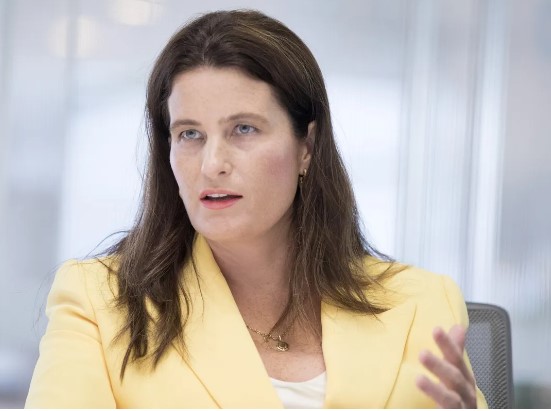New Zealand May Open Social Fund
(Bloomberg) — New Zealanders who want to pay more tax so the government can help vulnerable people may be able to contribute directly to a proposed social investment fund, Finance Minister Nicola Willis said. New Zealand May Open Social Fund
The fund, which is part of the government’s social investment strategy, will directly commission outcomes for vulnerable New Zealanders and work with community, non-government organizations and other providers, Willis said in a speech Thursday in Wellington. New Zealand May Open Social Fund
“Initially the fund will be small and targeted, but I anticipate it will grow over time and become an increasingly important vehicle for empowering innovation and testing new approaches,” she said. “My ambition is that the fund will eventually be an effective vehicle not just for government investment in changing people’s lives, but also as a home for funding from philanthropists, investors and anyone who wants to deploy their money in service of social good.” New Zealand May Open Social Fund
The center-right coalition government cut taxes in July, honoring a pledge to support middle-income earners, but it is curbing other spending in an effort to return the budget to surplus. Critics have questioned whether the tax cuts were appropriate given evidence of increasing poverty and families struggling to handle higher living costs.
Earlier this month, Willis told the INFINZ conference she was aware of people saying they would be prepared to pay more tax if it meant better assistance to vulnerable people.
She said it is primarily up to the government to make social interventions and that will continue to be the case. There are also many charities undertaking that role, she said.
“But I do want to provide more vehicles by which those New Zealanders who would want to contribute more to government goals can,” she told the conference.
The social investment approach uses data to identify the people most likely to become big cost burdens on the state and targets interventions to prevent those outcomes from eventuating.
More stories like this are available on bloomberg.com
